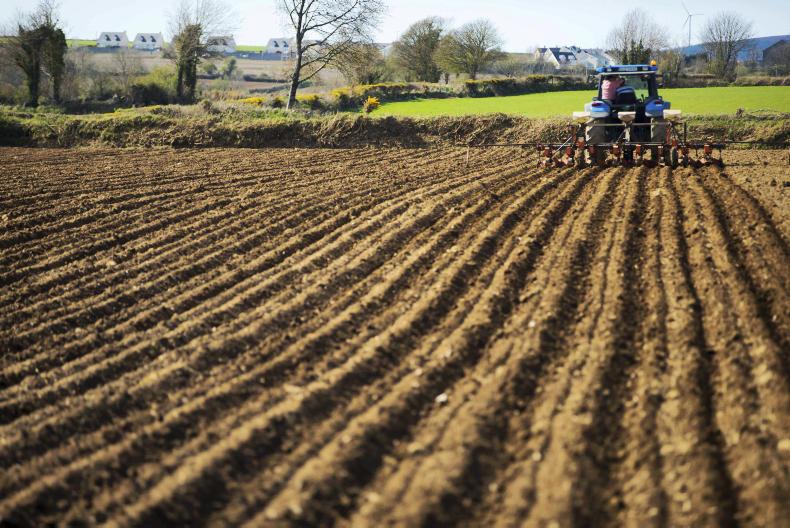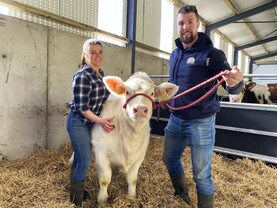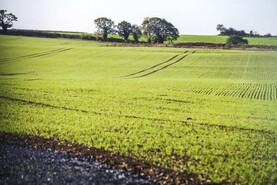It is hard to believe that it is now 13 years since the last sugar beet harvest. Within five years of the closure of the gates of the Mallow factory by Irish Sugar, Beet Ireland had been born.
Almost eight years have passed since its launch, but now, with sugar quotas abolished, and a site for a processing facility secured, they are ready to realise their vision of revitalising the processing of sugar beet in Ireland.
Beet Ireland has completed the purchase of a site for a processing facility at Ballyburn, Co Kildare. It is next to the M9 motorway, just off the Carlow town (north) Castledermot junction.
Initially, the group wants to raise €1m from farmers – €1,000 each from 1,000 farmers. This is to fund the planning and project implementation. For its part, Beet Ireland will put forward €1m in value, in the form of the site. Investors will gain membership of a co-op.
It is envisaged that the processing facility will cost in the region of €300m. One third of this will be raised through equity (shareholding), with the remaining €200m borrowed. The initial €1,000 will only be a small percentage of the typical buy-in required from farmers.
As with any startup, the investment is not without risk. That said, Beet Ireland is not just a couple of farmers talking. Michael Hoey, Beet Ireland’s chair, has proven with Country Crest that he can build a business from the ground up. Simon Cross can say the same about the farm machinery business he has developed. Chris Harmon and Brian Arnold have put a massive investment of time and expertise into the project to bring it to this stage. It will still require a leap of faith from farmers to invest in the business, and it is time for them to decide whether they want to or not.
Risk
It is not the size of the investment that will necessarily concern farmers, it is the scale of the risk. Sugar is still the primary product from beet processing, and Beet Ireland believes there is a significant domestic industrial demand for a reliable sugar source.
That is not all though. There is optimism for production of pharmaceutical products and biodegradable plastic polymers from sugar, with obvious commercial potential. NUI Galway has carried out some promising varietal research.
Tillage farmers make sizable investments in tractors, machinery, and, if working on rented land, leases or conacre with no guarantee of profit.
Beet Ireland will be holding a series of public meetings next month to explain the current stage of the project to farmers.






 This is a subscriber-only article
This is a subscriber-only article









SHARING OPTIONS: